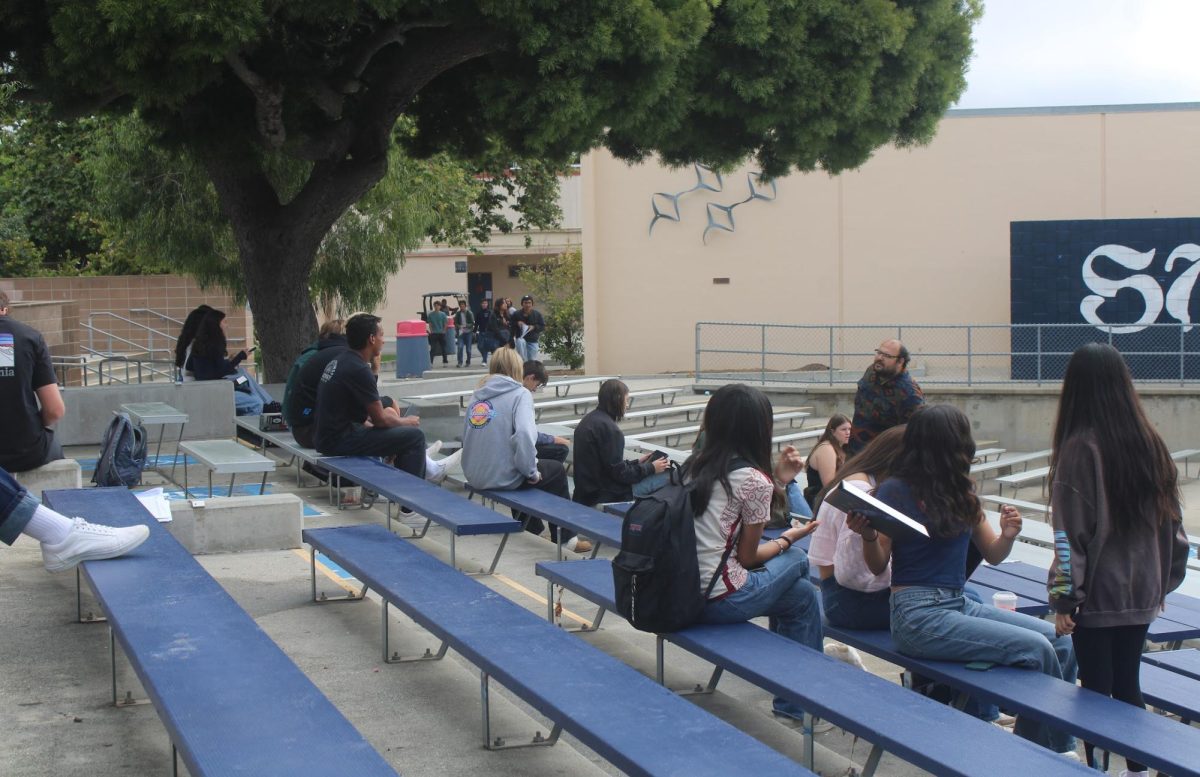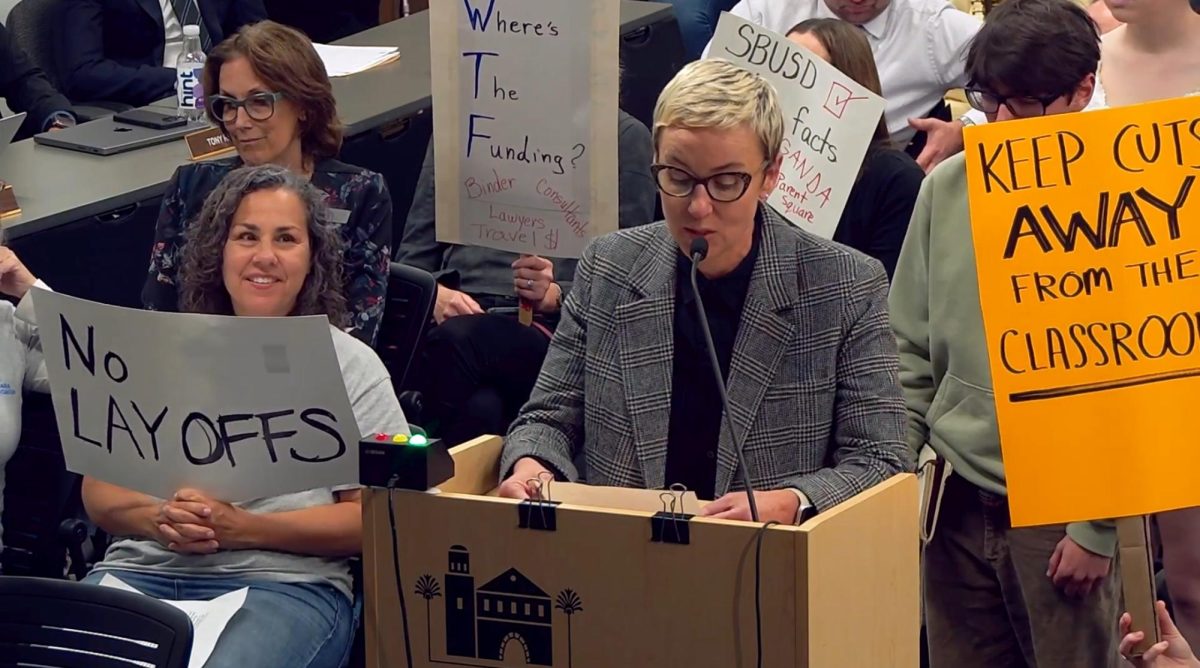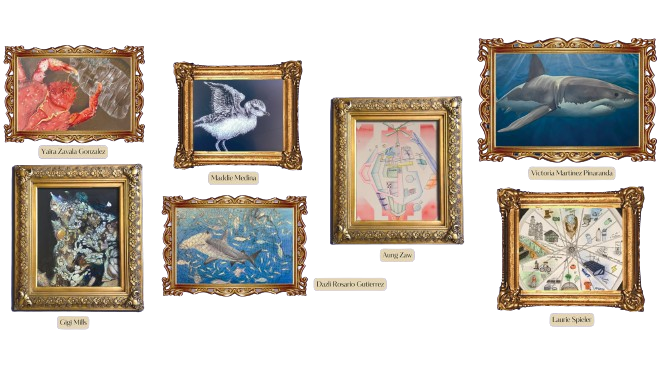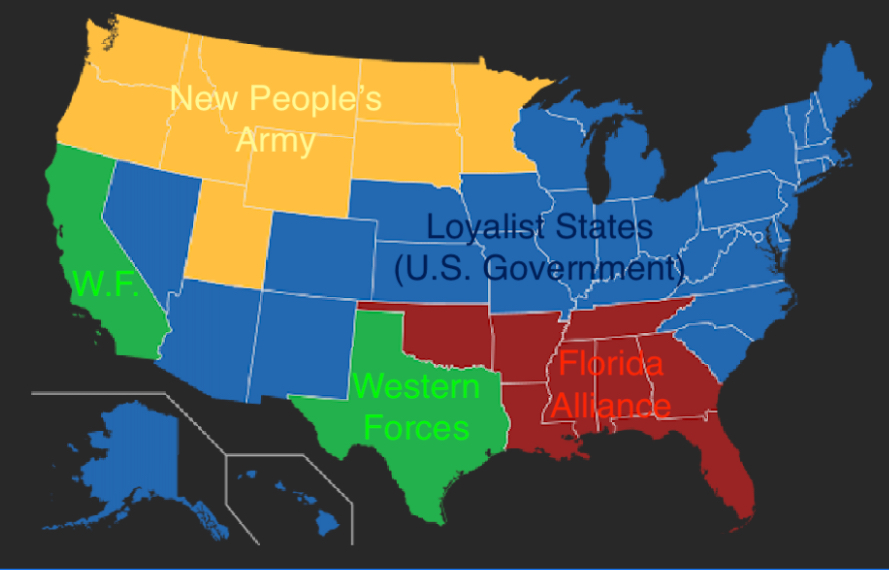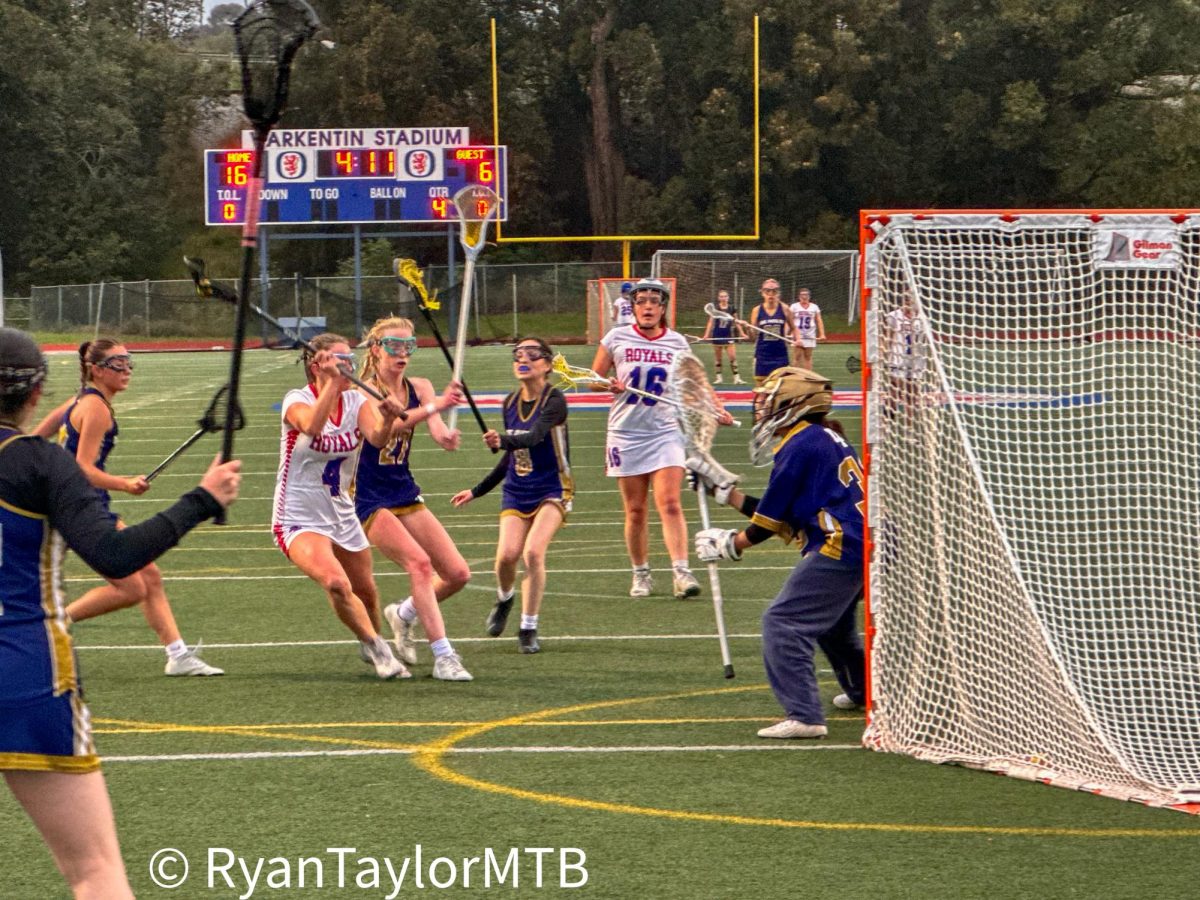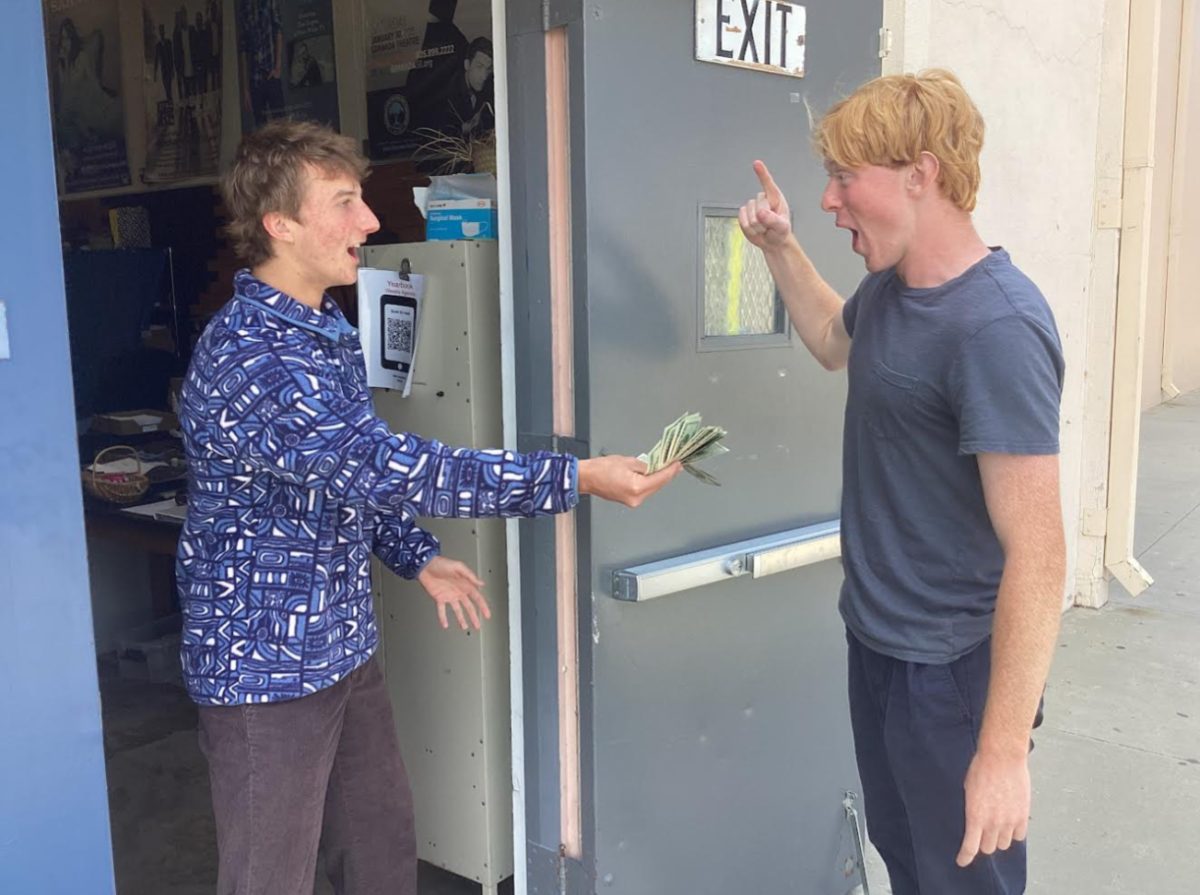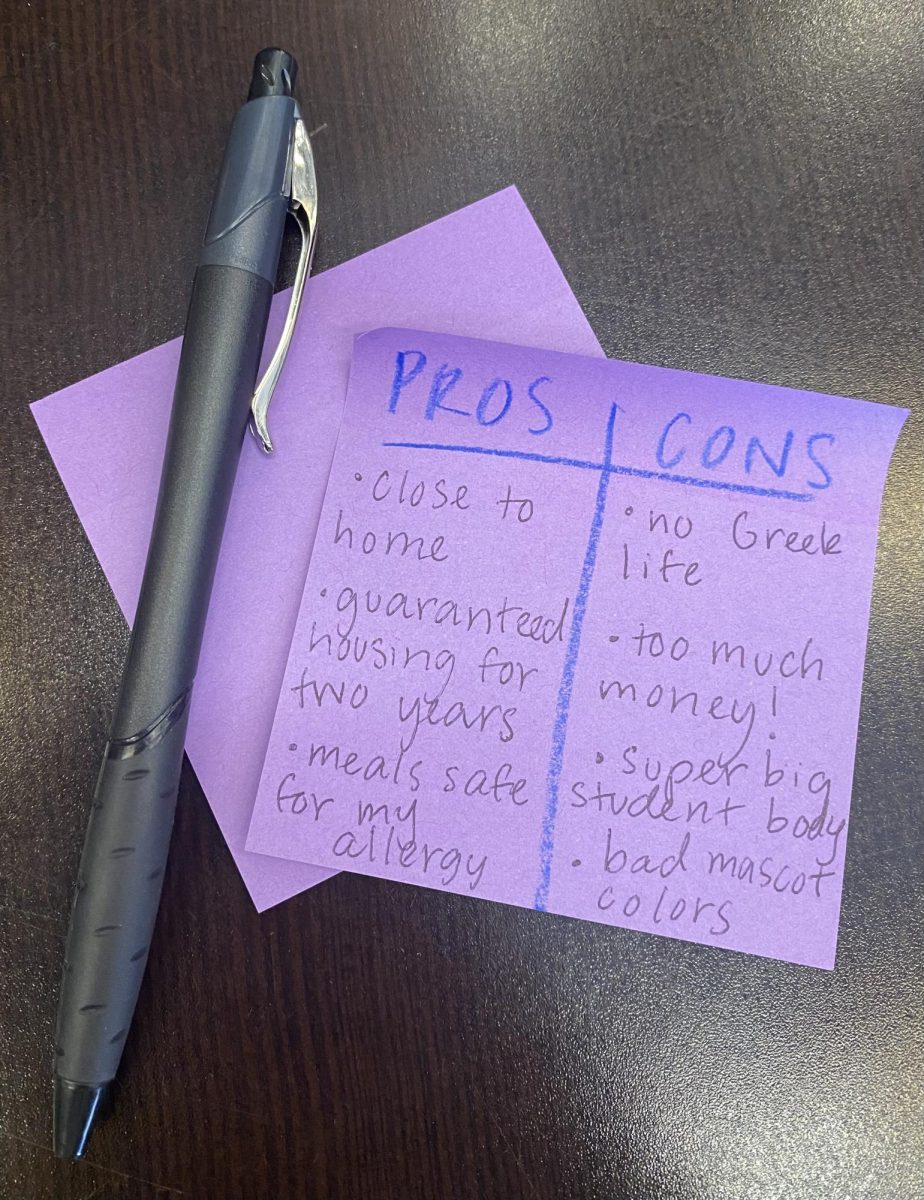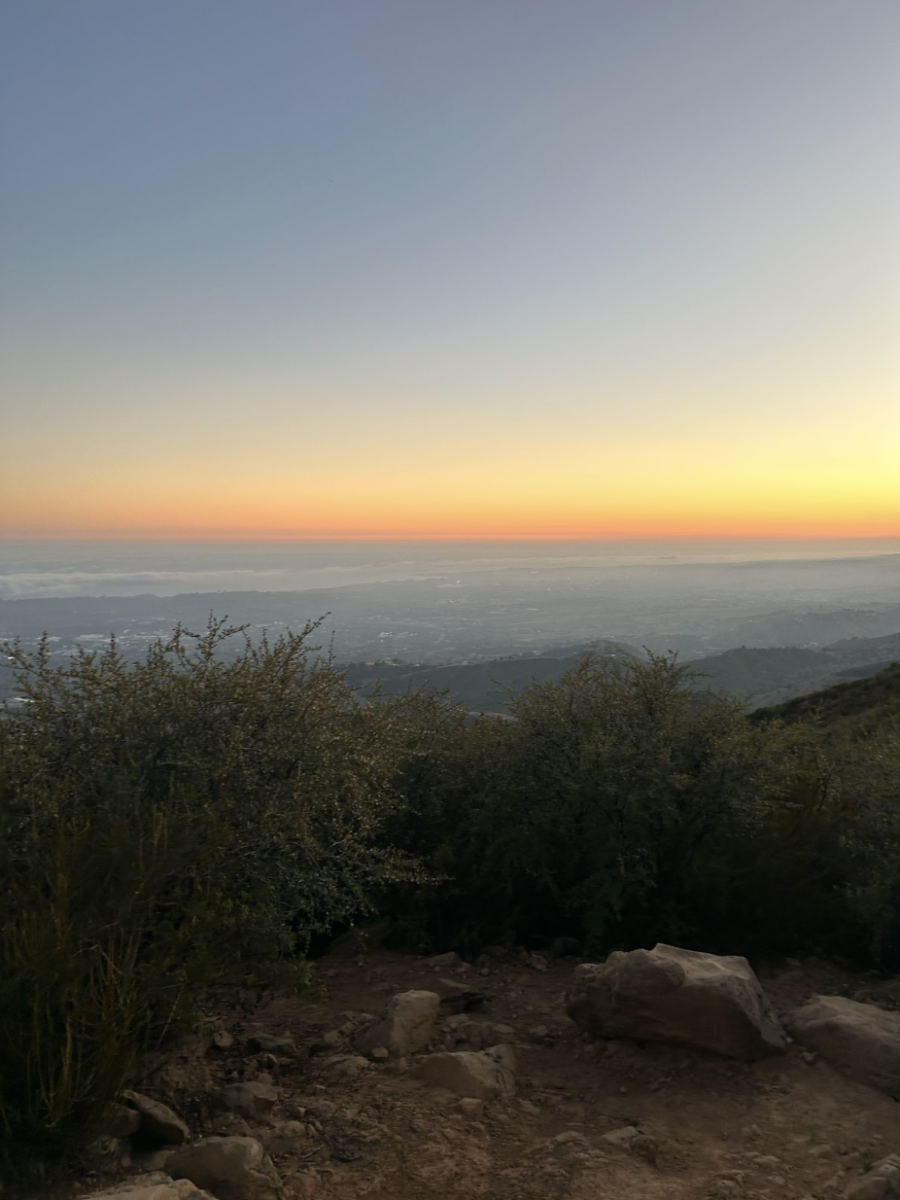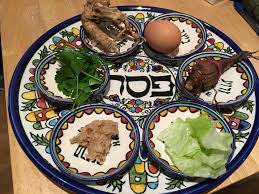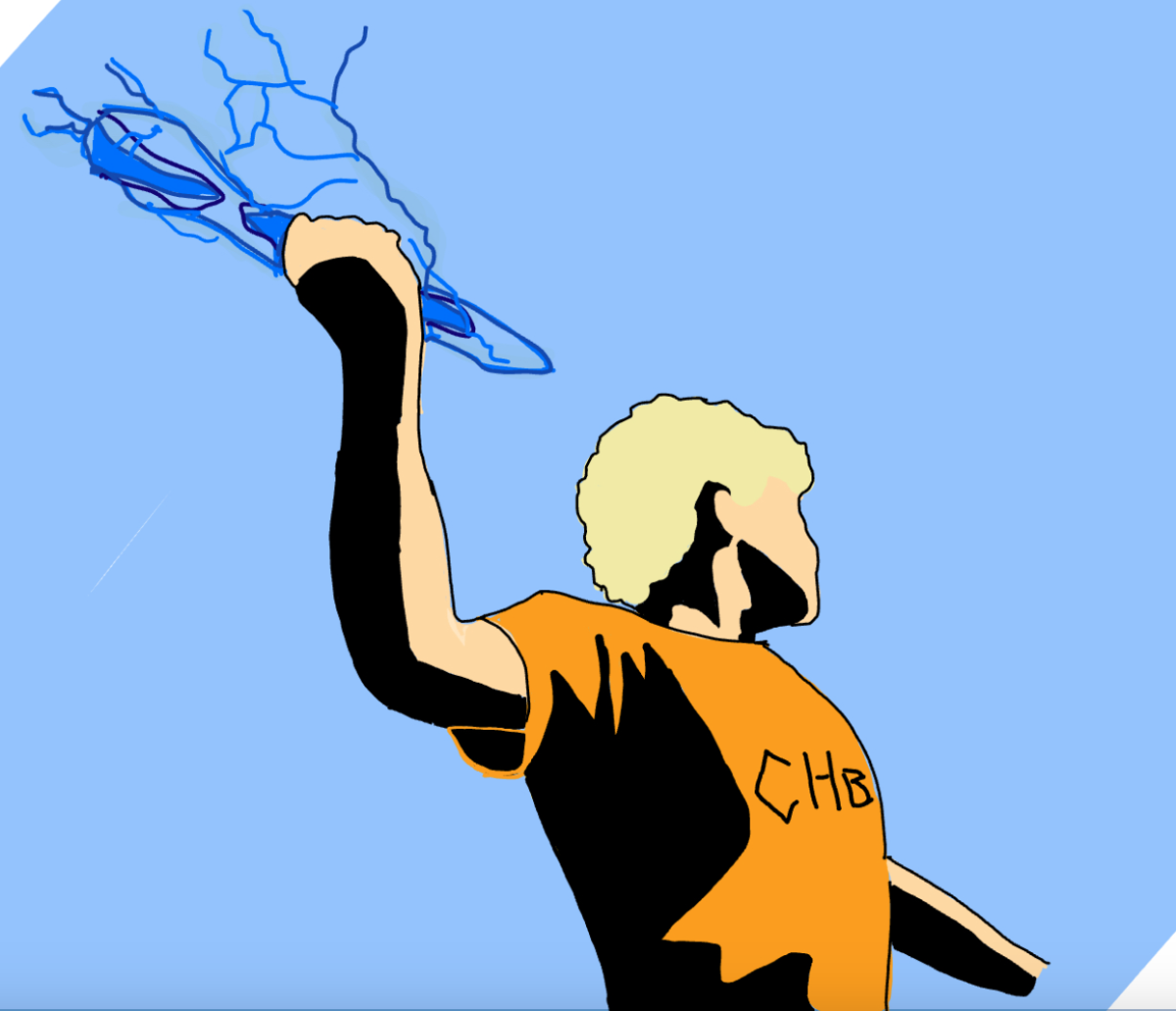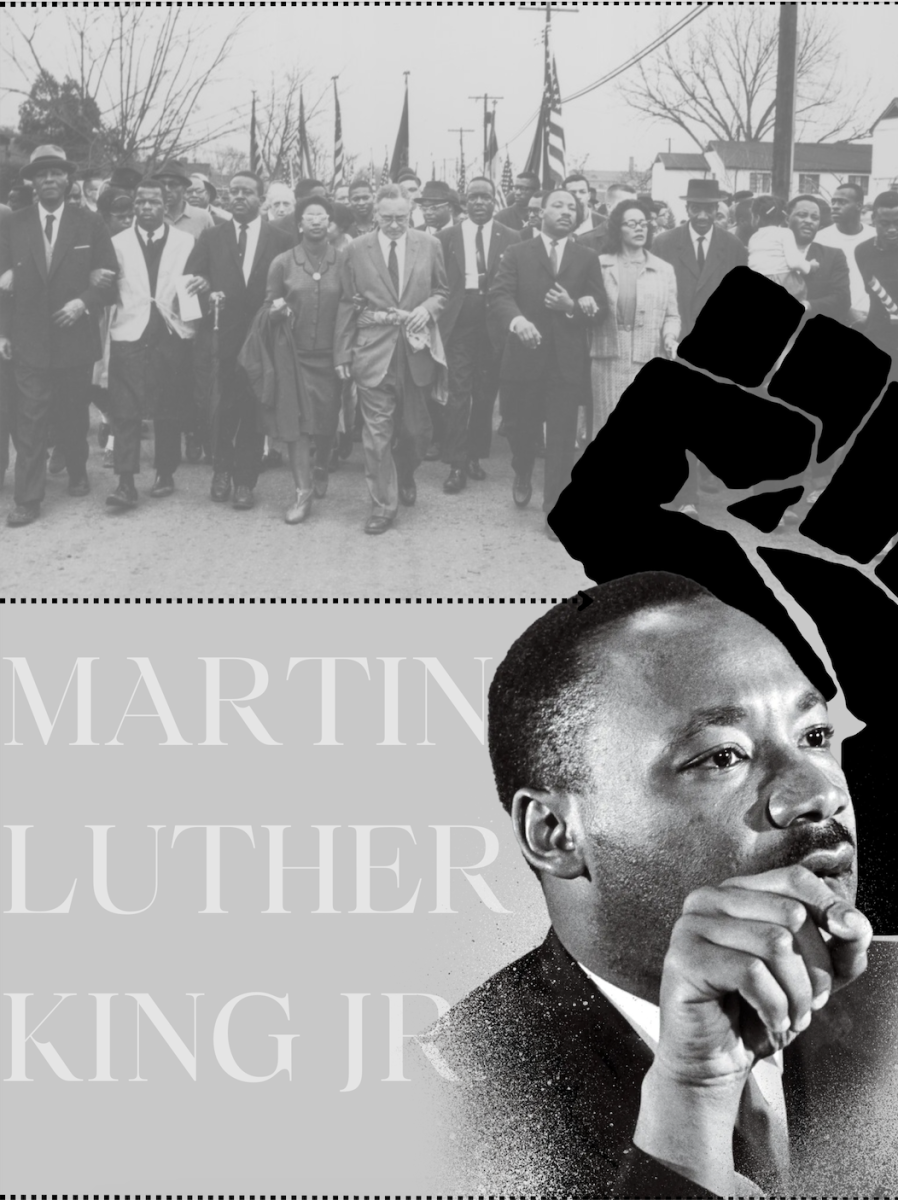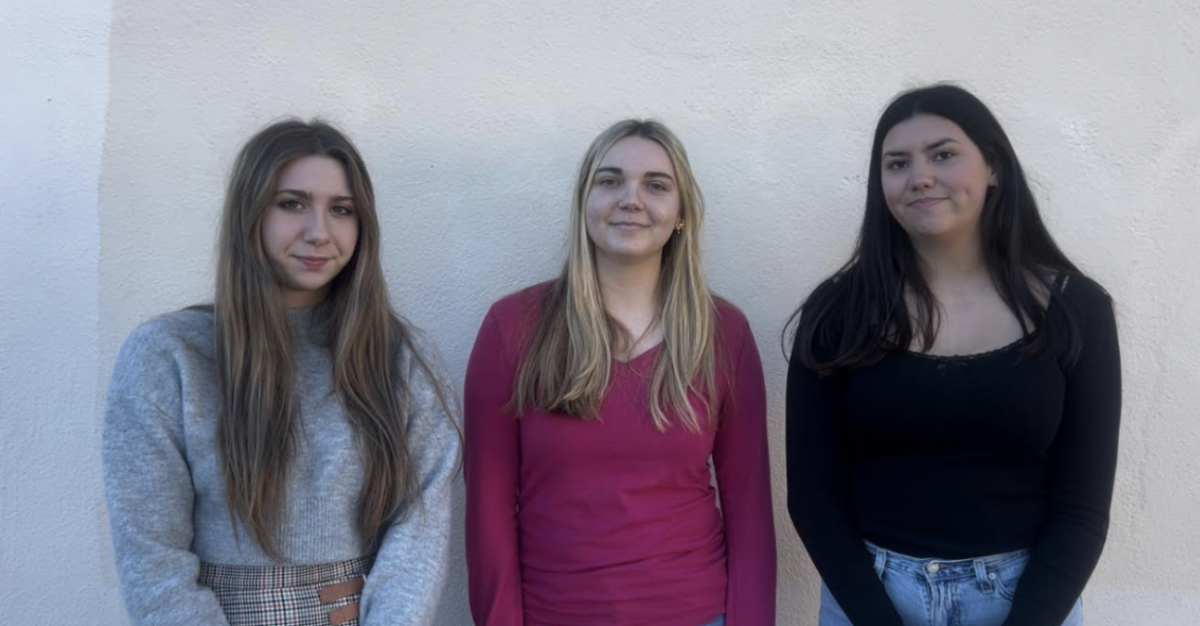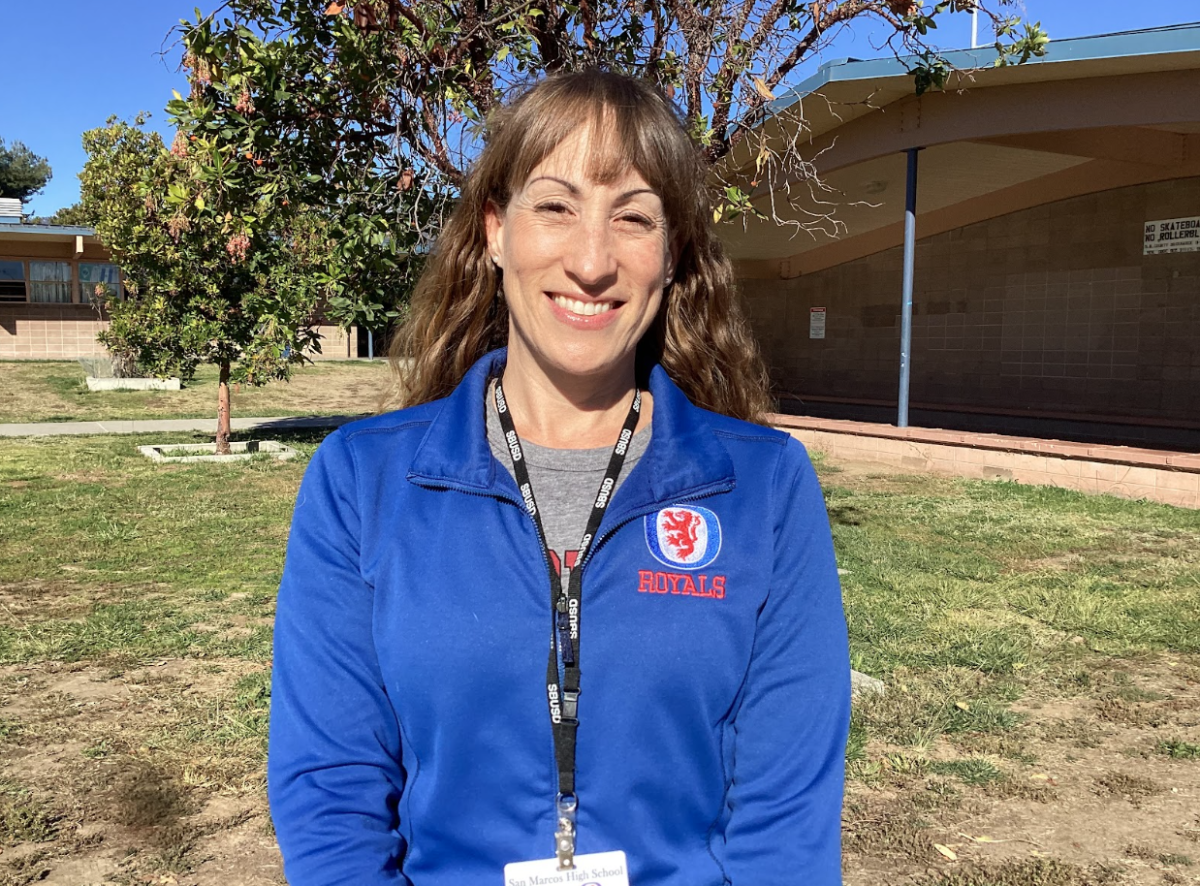The holiday of Passover has been celebrated by Jewish people for over 3,000 years, making it the oldest, and most continuously celebrated holiday on the Jewish calendar. It is a holiday marked by family tradition, storytelling, and honor for ancestors. Every year in early Spring, Passover is observed by Jewish families and individuals all over the world. Over a span of eight days, two major ceremonies are held, and any food products containing yeast are not eaten by those who follow the traditional guidelines of the holiday.
The story of Passover is one that has been passed down and retold throughout hundreds of generations. It begins long ago in Egypt, where the Jewish people were enslaved by the evil king Pharaoh, building cities and Pyramids. One day, Pharaoh ordered all newborn sons of Jewish families to be killed. But the mother of Moses, one Jewish baby, sent him floating down the river in a basket to be saved. Moses was found by Pharaoh’s daughter, the princess of Egypt, and brought him to be raised in the palace, not knowing the baby was Jewish. Moses is raised in the palace, never learning of his Jewish ancestry. Until one day, he witnesses a Jewish slave being whipped. In this moment, he has an awakening. Suddenly realizing that he is Jewish, he flees Egypt.
Many years have passed, and Moses has become a shepherd. One day, he notices a bush in the distance that is on fire, but not burning. Entranced by the strange sight, he hears God speak to him, telling him to free the Jewish people from Pharaoh’s Egypt. However, Pharaoh stubbornly refuses when Moses commands him to let his people go. To assist Moses, God curses the people of Egypt with ten horrible plagues. The final and worst plague was the death of the first born child in each family. However, on the night this plague was given, God sent an angel to Egypt, “passing over” every house and marking the Jewish households, so no Jewish child would die. This is how Passover gets its name.
Finally, Pharaoh agrees to free the Jewish people from slavery. Moses hurried the Jewish people out of Egypt so quickly, that the bread they baked in celebration did not have time to rise. This created the traditional food that is still eaten throughout Passover, Matzah. Just as the Jews are about to be free, Pharaoh changes his mind, sending an army chasing after them up to the shore of the Red Sea. But God comes to their rescue one last time, parting the sea and allowing them to escape, and finally live to be free.
Passover is celebrated every year by millions of Jewish people around the world. The first two nights of Passover are when ceremonies called “Seders” are held. In the evening, Jewish families, communities, or groups join together to sit down at the table and tell the story of Passover through several methods of interactive storytelling. Certain foods are eaten to represent different parts of the story, blessings are given, and songs are sung. An example is the bitter herbs dipped in salt water that are eaten to represent the bitter tears of the Jewish people when they were in Egypt. Many other traditions have appeared over the years too. For example, in a Seder, you are supposed to lean to the left while drinking wine to represent the relaxation the Jewish people could finally feel when they were freed from Egypt. At the end of the story, a huge feast is shared.
The two Seders are followed by six more days of eating mindfully to the holiday, specifically avoiding all foods that contain yeast, or anything that rises when cooked. This is to represent the rush that the Jewish people fled Egypt in, reflecting their bread that could not rise. One of the most important aspects of Passover is passing down the story to future generations. At the Seder, it is a tradition for the youngest member of the family to lead the table in a song called “The Manishtana” or, “The Four Questions”. In this song, four questions about Passover are asked, and are answered through the rest of the story.
This year, Passover begins on the evening of Friday, April 15th, and ends eight days later on the 22nd. Though it is solely celebrated by Jewish people, it has a fascinating history that can be understood by all. One of the most important aspects of Judaism in general is the way traditions are passed down and celebrated within each family, and Passover is no exception to this.

